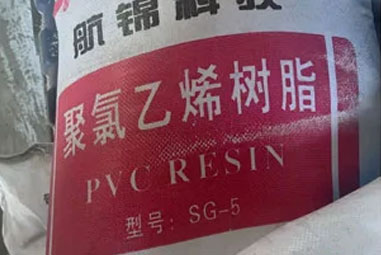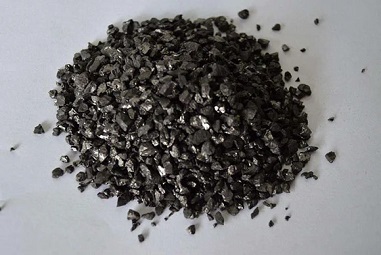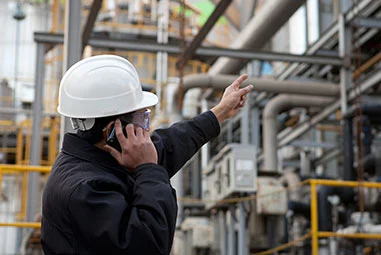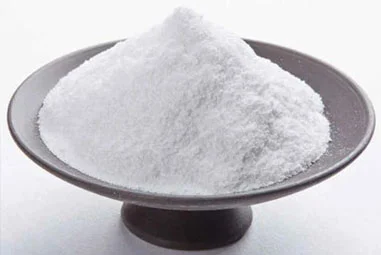
PVC resin is the raw material for a large variety of products needed in the building industry. It is usually used in the form of a powder and is resistant to oxidation and degradation, thus enabling it to remain solid for a long time. It is also resistant to water and abrasion. It is also extremely lightweight and low maintenance.
Rigid PVC can be processed through a number of methods including extrusion, calendering into a film, injection molding, compression and stretch blow molding. The intimate mixing of the PVC and its associated additives is key to the successful fabrication of these products. Rigid PVC must be thermally stabilized to ensure that it does not decompose during the forming process. If it does, the resulting product may suffer from spray, blush and peel, which are undesirable molding defects.
Westlake manufactures a wide range of high molecular weight pvc resin that can be compounded with various additives to produce the desired end use properties. These include pipe, siding and trim, windows, flooring, medical applications, technical coatings and cables. These products are commonly known as vinyl, but are often referred to by the trade name CPVC for certain specific flexible applications.
Polyvinyl chloride is produced by the chlorineation of ethylene and the subsequent pyrolysis of ethylene dichloride (EDC). This results in the formation of vinyl chloride monomer, which is then polymerized to form PVC resin. PVC is a white odorless and tasteless plastic. Its physical characteristics can vary depending on the composition and formulation of the polymer, as well as processing conditions. The properties of a PVC resin can also be modified with the addition of additives such as lubricants and fillers, heat stabilizers and colorants.
PVC resins are normally compounded with a heat stabilizer in order to decrease the thermal degradation that takes place during the forming of shaped articles from the PVC. A number of different types of heat stabilizers are known, the most common being lead compounds such as tribasic lead sulfate, dibasic lead phosphite and dibasic lead phthalate.
A new type of organotin mercaptide compounds has been found to be a highly effective heat stabilizer for PVC resins. These materials are particularly effective in preventing the phenomenon of whitening, which is caused by the interaction of the hydroxyl groups of the PVC with the surface OH groups of oxygen. To prove this, LDH samples were physically mixed with PVC powder and subjected to thermal aging at 180 °C. The stretching vibration peaks of the Mg-O and Al-O layers were observed using FT-IR and showed that the aging of the LDHs caused changes in the structure of the polymer, which resulted in a significant improvement in the thermal stability of the PVC resin. This discovery has led to a widening of the application of PVC and reduced the need for other additives such as lubricants. The crystalline nature of the LDHs makes them a suitable substitute for brucite and other conventional layered double hydroxides in PVC compositions.


